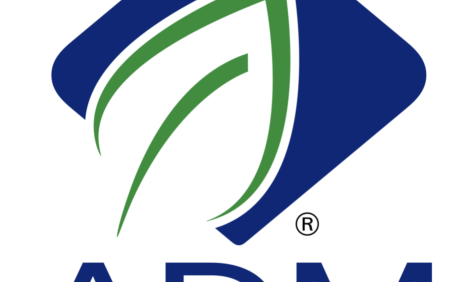



Boosting the Bottom Beef Line
AUSTRALIA - Producer members of the CQ BEEF Moura group took another step forward to share their on-farm business management objectives following an inspection of the Becker family´s 3117 hectare Dawson River property.There were plenty of positives to come out of the November 19 on-property meeting at Paranui, a diversified cattle and grain growing enterprise operated by Norm and Desley Becker and their son Scott.
Department of Primary Industries and Fisheries senior cattle extension officer Ken Murphy, coordinator for the CQ BEEF Moura Group, said all members would host a group visit as a catalyst for free-flowing appraisal and discussion.
The Beckers and long-term employee Peter Koch were continually striving to build a diverse and sustainable business on Paranui.
Mr Murphy said the CQ BEEF concept where members openly shared and entrusted their business objectives and financial records with each other helped identify and address the strengths and weaknesses of individual family operations.
* "All females are control mated for three months and to avoid calving problems with maiden heifers," |
|
Department of Primary Industries and Fisheries senior cattle extension officer Ken Murphy
|
Paranui has been a Becker family holding since 1930. Development has progressed a long way from this prickly pear-infested era to the present efficient cattle breeding and finishing enterprise coupled with an irrigated and dryland grain growing business.
Soil types on Paranui range from sandy river frontage, sandy loam ridges, heavy black soil swamps, melon-holed brigalow, ironbark forest country whereas an adjoining cattle finishing block 'Sixteen' is predominantly softwood scrub country.
"Using computerised topographical satellite imagery, we have identified our soil types as a guide for our grazing and agricultural crop land development," Mr Becker said.
"We aim to turn off our pasture or forage oats-finished crossbred steers as two-year-olds with carcase dressed weights ranging from 260 kg up to 300 kg.
"Our cattle breeding program has targeted maximum production from the 320 females and that includes mating yearling heifers to calve as two-year-olds.
"All females are control mated for three months and to avoid calving problems with maiden heifers, we mate with a purposely selected Boran bull with a low EBV (estimated breeding value) for birthweight to produce smaller calves."
Mr Becker said that Droughtmaster bulls were used over the proven breeders and the whole herd recorded a 94% pregnancy test last season.
Dryland winter forage oats were planted annually to finish the steers and culled heifers - all of which were HGP (hormonal growth promotant)-treated - plus the cull cows.
Mr Becker said when dry conditions dictate, he supplements all females with Vitamol lick with rates varying to up to 1 L/hd/day to ensure optimum weight gain and consistently high pregnancy rates.
Quality Rhodes grass hay is cut and round-baled annually from the unused corners of the two 32 ha centre pivot circles used for irrigated grain production. This hay is fed to the weaners or carried over as a dry season reserve.
Paranui cattle also have access to 121 ha of Cunningham-variety leucaena first planted in 1990 on 1m twin rows with a 5 m inter-row spacing.
Although the leucaena at Paranui is severely frosted each winter which limits its productivity, Mr Becker does intend to expand the leucaena pasture area but will plant twin rows on 9-12 m inter-row spacings to promote more grass production.
To rejuvenate older leucaena rows, Mr Becker successfully chain-pulled the trees to promote suckering and has controlled parthenium with an overspray of 7 g/ha of Ally herbicide - treatments which prompted keen interest from the group.
Stock water is pumped to an elevated turkey nest dam and reticulated to paddock troughs. Investigations are underway to look at the suitability of further extending and automating the reticulated water supply to introduce a medicated stock water system to deliver urea.
The Becker family is continuing to invest heavily in aerial herbicide treatment for predominantly brigalow and black current bush regrowth control and stick-raking to promote grass production.
Mr Murphy said that by having a firsthand appreciation of the grazing land and stock management practices at the Paranui, CQ BEEF Moura members can have a meaningful input to ensure the Beckers´ future business development plans are sustainable, practical, productive and economically viable.
TheCattleSite News Desk


